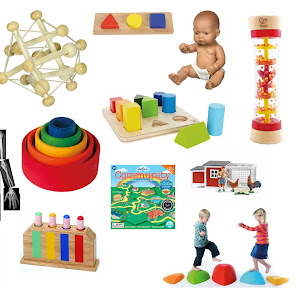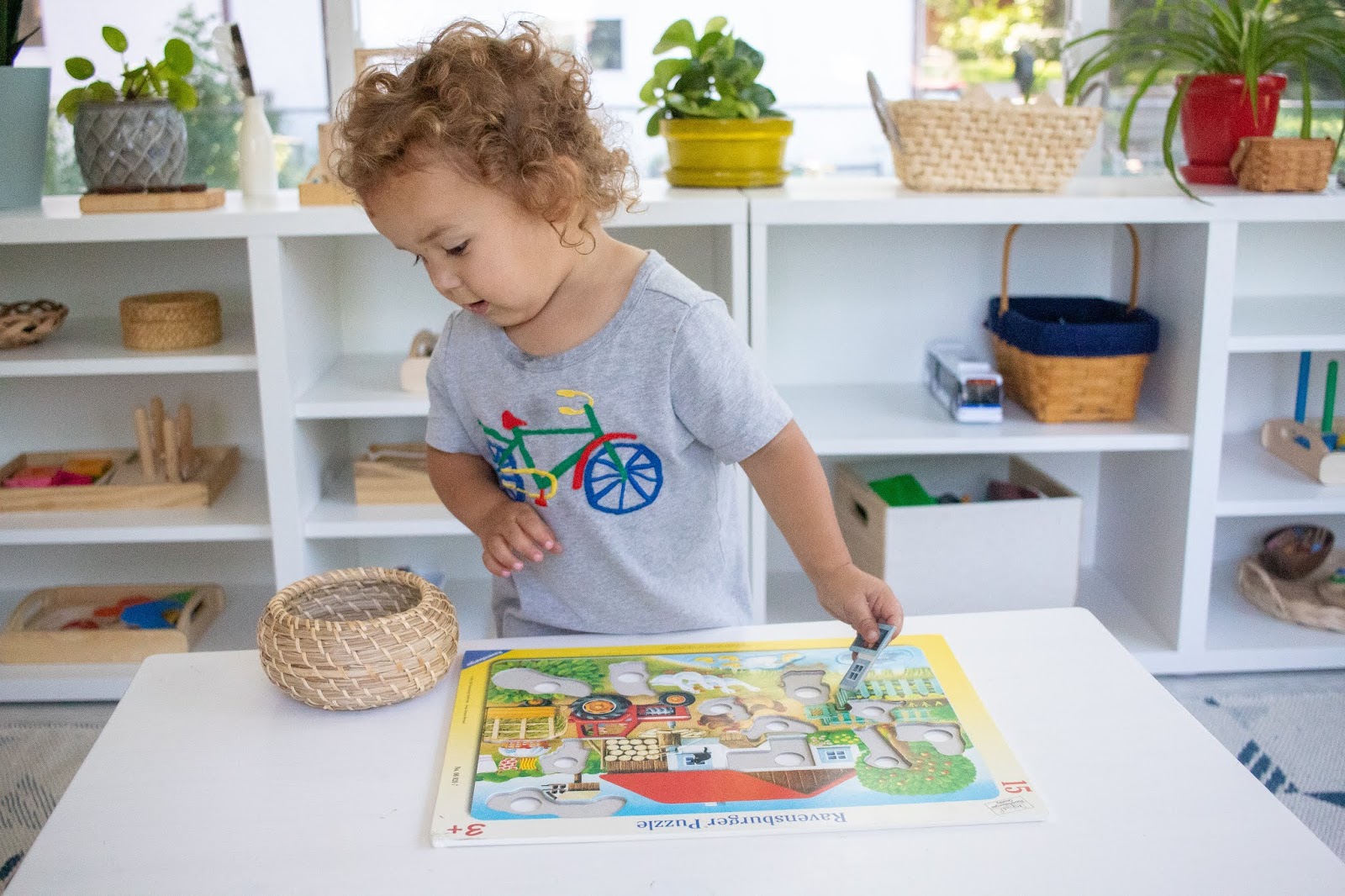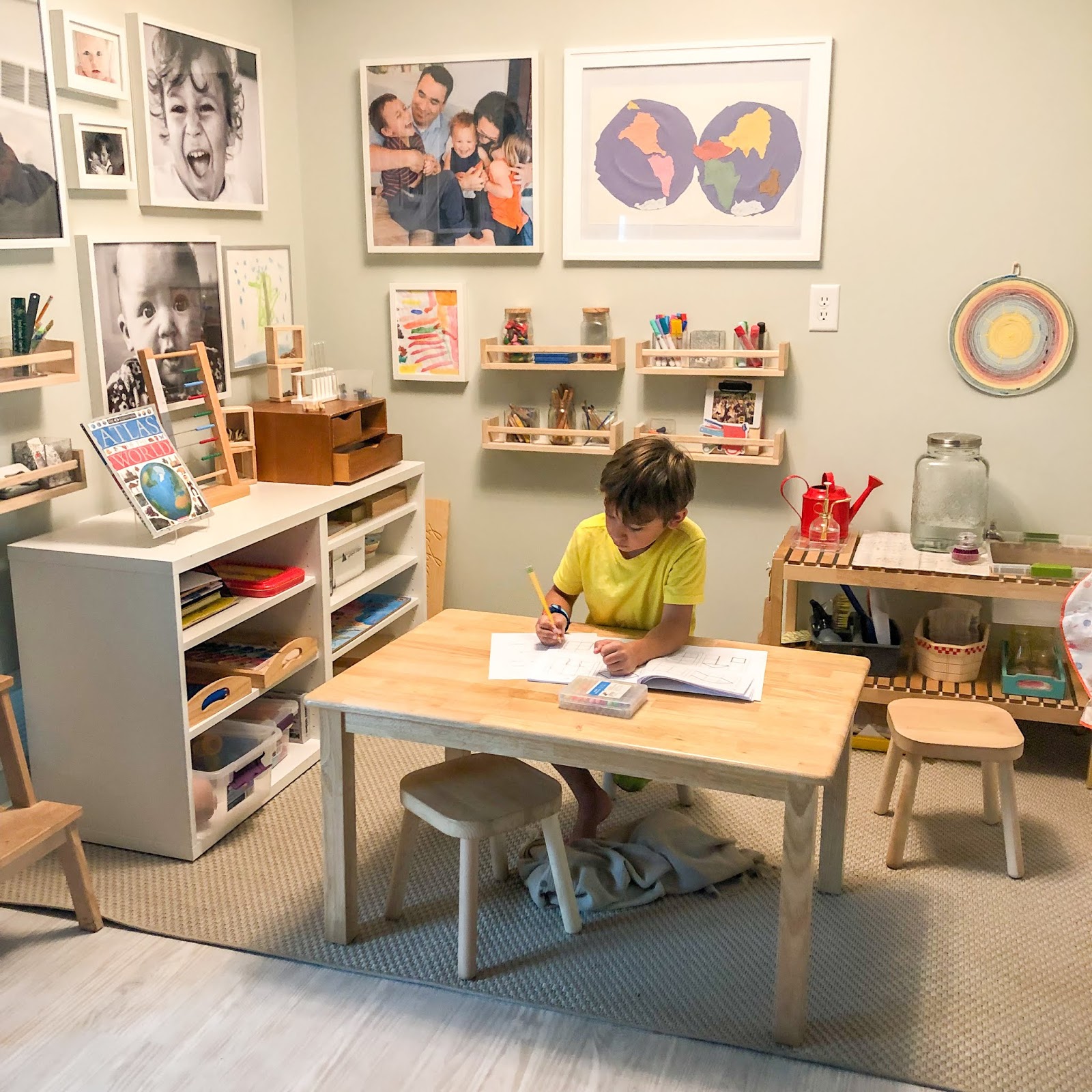The last couple of days I've been dealing with prodromal labor and a bunch of false contractions. Yesterday, it came to a head and I had to go get checked out at the doctor. Thankfully, like my last couple of pregnancies, the baby is snug -- my body is just confused and over-eager. Which makes sense - I do want to snuggle him ASAP, but 32 weeks doesn't seem like the best time to have a baby. It has got me thinking about bringing home a newborn and all the gloriousness of those cuddles, and that smell! I can't wait. Anyway, that's led me to want to share some about one of my favorite new baby past times - baby wearing. There are some in the Montessori community that discourage baby wearing claiming that it restricts movement too much and stifles independence. I personally, see it very differently. And, I believe Maria Montessori did too! I wanted to share a few quotes that I keep pondering as we get closer and closer to this baby stage again. This post contain...














